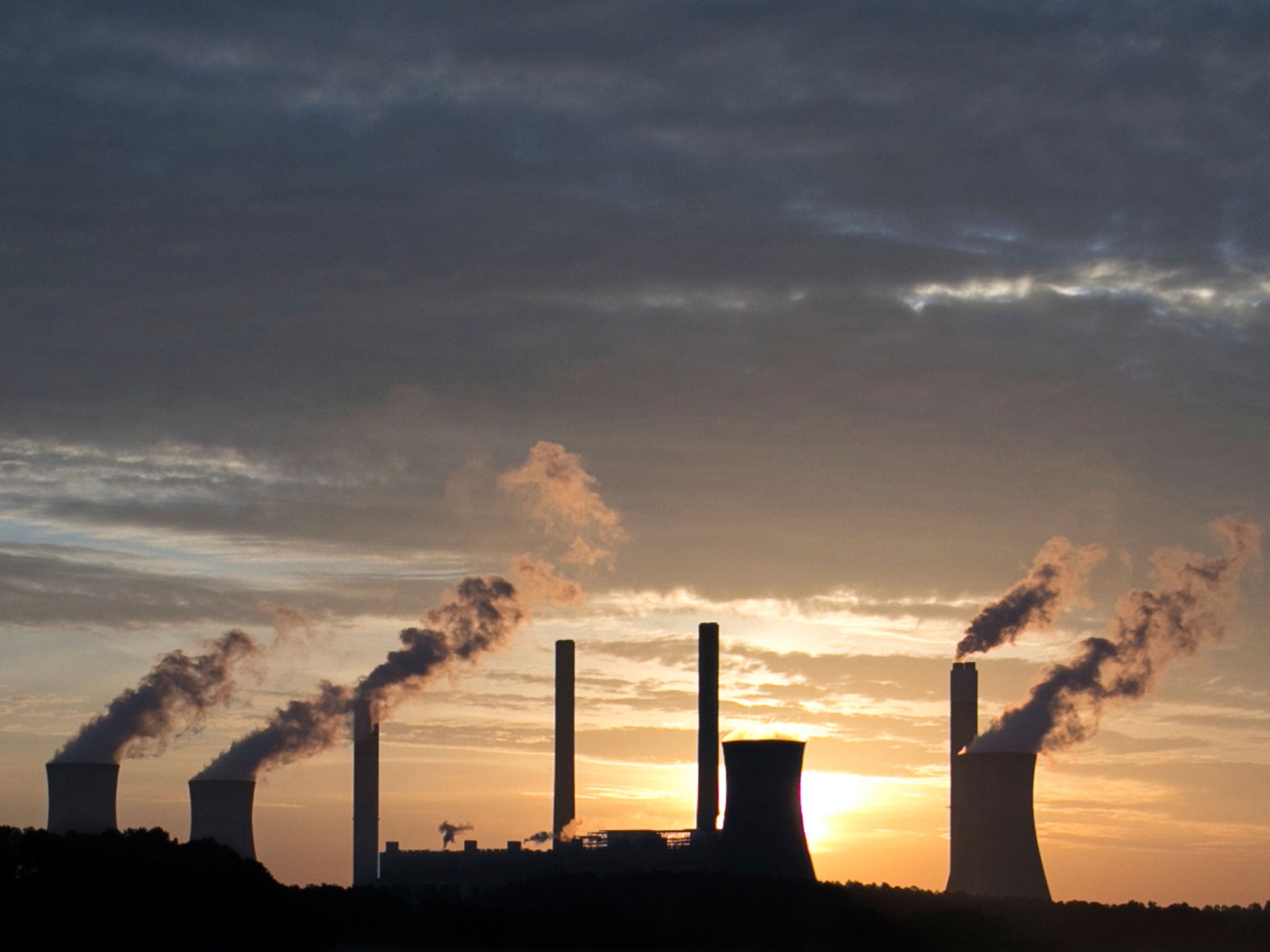Coal contributions to British power generation fall to 135 year low
Usage has halved since last summer, accounting for just two per cent of power generated in July

Your support helps us to tell the story
This election is still a dead heat, according to most polls. In a fight with such wafer-thin margins, we need reporters on the ground talking to the people Trump and Harris are courting. Your support allows us to keep sending journalists to the story.
The Independent is trusted by 27 million Americans from across the entire political spectrum every month. Unlike many other quality news outlets, we choose not to lock you out of our reporting and analysis with paywalls. But quality journalism must still be paid for.
Help us keep bring these critical stories to light. Your support makes all the difference.
Coal-fired power has slumped to its lowest level in the UK for 135 years, analysts have said.
The fossil fuel contributed to just two per cent of total power generated in July, according to Aurora Research.
The figures point to a decrease of 50 per cent since last summer, and could reach an even lower average in August, researchers said.
The usage of coal fell from 22 per cent in July 2015 to four per cent in the same month last year.
In 2016 it accounted for nine per cent of electricity generation, down from 23 per cent in 2015.
“The decline in coal in recent years is partly as a result of higher carbon prices, and partly the growth in renewables,” Richard Howard, Aurora Energy’s head of research, said. ”In August coal load factors have been even lower than in July and the trend is continuing.”
It comes after a Government pledge to cut coal usage entirely from UK power production by 2025 in a bid to tackle carbon emissions.
In April, the UK ran without coal for a full day, the first time since the industrial revolution.
“The first day without coal in Britain since the Industrial Revolution marks a watershed in the energy transition,” said Hannah Martin, head of energy at Greenpeace.
“A decade ago, a day without coal would have been unimaginable, and in ten years’ time our energy system will have radically transformed again.”
Subscribe to Independent Premium to bookmark this article
Want to bookmark your favourite articles and stories to read or reference later? Start your Independent Premium subscription today.
Join our commenting forum
Join thought-provoking conversations, follow other Independent readers and see their replies
Comments